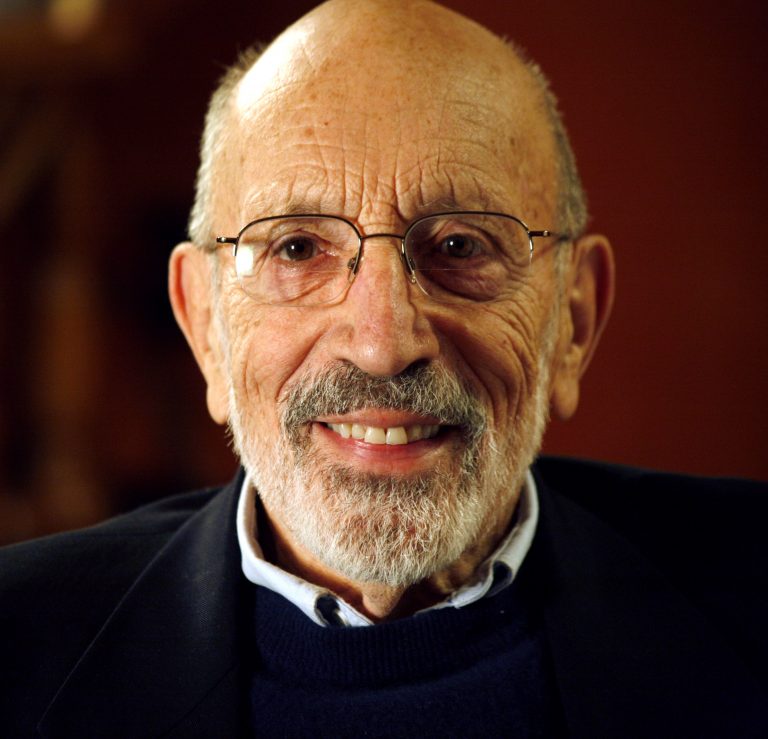When Vic Fischer was on a troop ship crossing the Atlantic during World War II, he picked up a book on Alaska in the ship library and fell in love with the state. He moved to Alaska in 1950 to work as a city planner in Anchorage, and he immediately became involved in local decision-making. Fischer served in the last territorial legislature and as a state senator in the 1980s. At 96, he is the last living delegate that was part of Alaska’s 1955 constitutional convention.
During the constitutional convention, what were the top guiding principles that you and other delegates discussed that would shape the state’s founding document?
First let me mention that Alaska proved to be exactly what I was looking for: a place where you could be your own self. Where you could travel; you could enjoy the great outdoors. But I did not realize that Alaska was a colony and not a full state. Having been at war to protect democracy around the world, all of a sudden, I was in a place where I was no longer a full-fledged citizen. I could not vote for president. I could not vote for U.S. senators or voting representation in Congress. So I got involved in statehood.
The constitutional convention was called before we even became a state, so we were writing on a clean slate. We could learn what worked in other states and mostly learn what not to do from states. We set out to establish a system that set clear individual rights and community rights. We wanted to establish very clean lines of responsibility. We wanted to have a governor who would be responsible for the whole executive branch, be responsible for the execution of laws. We wanted a separate legislature that would make the laws and represent the people. Then have a merit-based judiciary that was independent and was not controlled by politics.
When you think about your life and the last 70 years in Alaska, could you choose one thing that you’ve learned and want to pass on to the next generation here?
The constitution starts out—section one of article one—by setting forth the basic human rights, individual rights that Alaskans have. There’s one paragraph that sets the rights about equal opportunities, rights, and benefits for all citizens. Then it says all persons have a corresponding responsibility to the people and to the state. Essentially, what we have under the constitution is a right to be ourselves. At the same time, we have a responsibility to vote, to be members of a community, and to make Alaska work. To me that is important. That the people of Alaska are involved, should be involved, and have a constitutional responsibility to be involved in Alaska and in their communities.
Is that why you remain a political voice? You’ve done so much for the state that you could relax and say “I’ve done my part.”
I have a set of social and human rights values that I developed over my lifetime. One of my values is to be involved in my neighborhood, in my community, in my state, and in my nation. In a big way or little way, I want to contribute to a better life for more people. These are human values that I have been raised on. My father was a world correspondent and writer. As a kid I lived in Germany when Hitler came to power. I lived in Russia when Stalin’s purges were killing human beings by the millions. I saw what a government, a state, should not be. We have a democracy and all of us have an obligation to make democracy work for everybody.




Comments are closed.